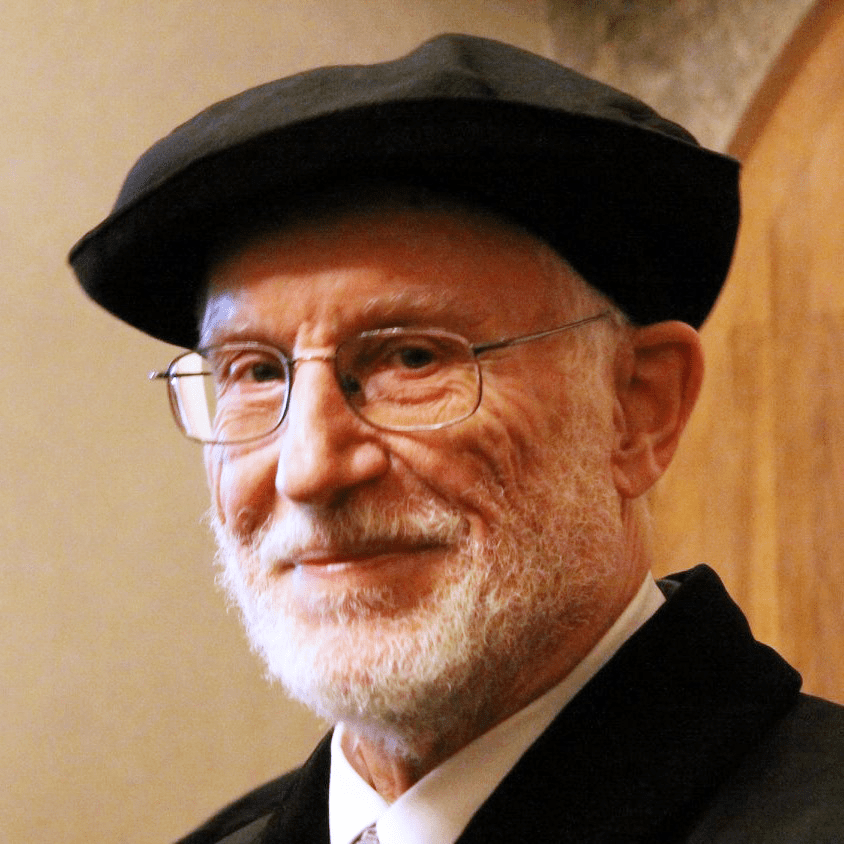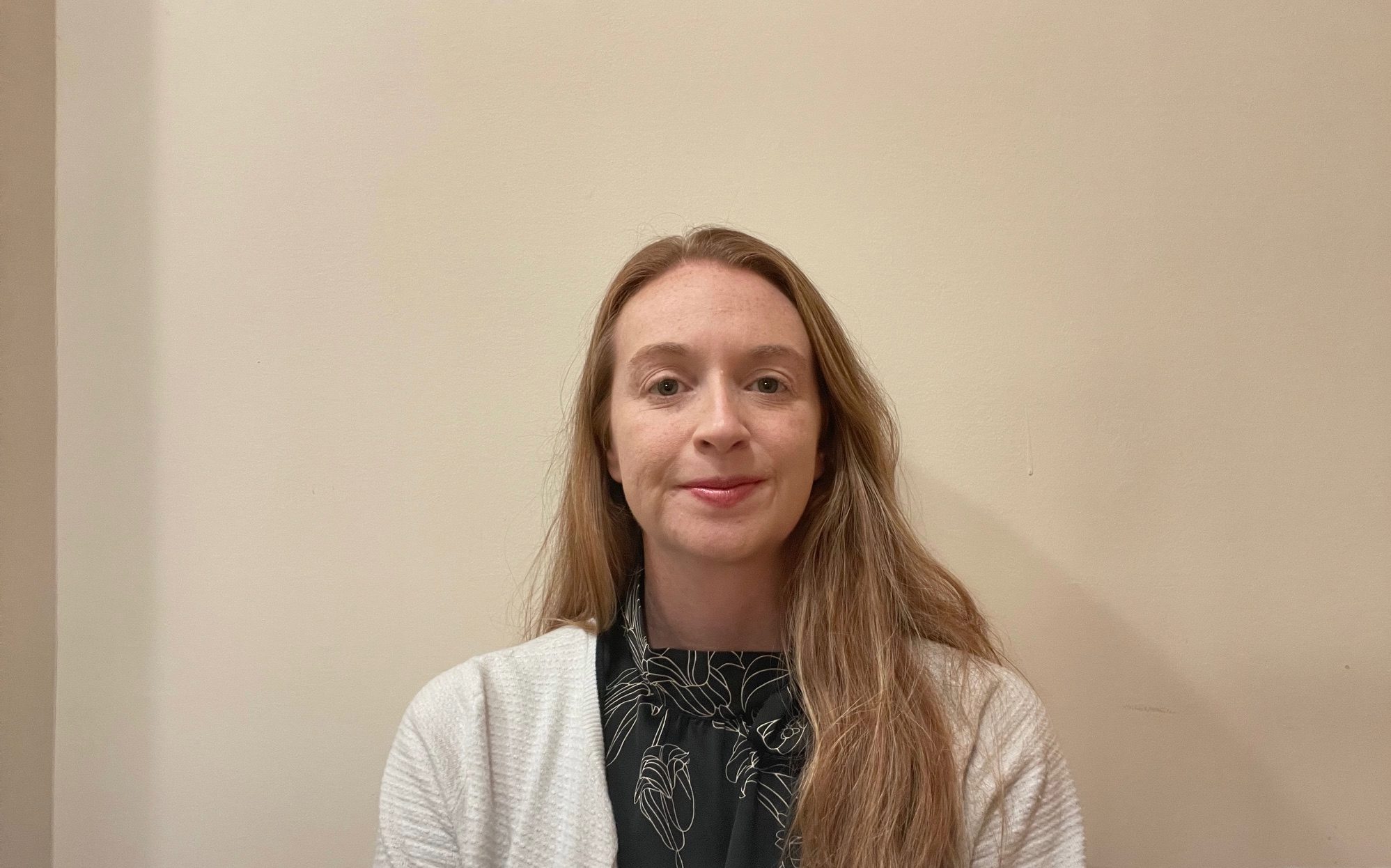Three years ago, faculty members in the College of Behavioral, Social and Health Sciences (CBSHS), in partnership with Prisma Health Children’s Hospital, received funding to implement a program to mitigate and prevent symptoms and complications of neonatal opioid withdrawal syndrome (NOWS) – formerly known as neonatal abstinence syndrome (NAS) – in Pickens and Anderson Counties.

This year, an interdisciplinary team of CBSHS researchers and Prisma Children’s Hospital physicians received funding from the South Carolina Opioid Recovery Fund (SCORF) to further expand the Managing Abstinence in Newborns (MAiN) program in both counties and develop a social media campaign to raise awareness about MAiN services.
Developed by Jennifer Hudson, MD, medical director for newborn services at Prisma Health in the Upstate nearly 20 years ago, MAiN is a coordinated approach to caring for opioid-dependent mothers and their newborns, who may be at risk of developing NOWS. Its mission is to expand comprehensive, long-term, evidence-based treatment and recovery support for infants with NOWS and establish a continuum of care to ensure infants and mothers receive specialized treatment from pregnancy to delivery and beyond.
Rachel Mayo, Ph.D., professor in the Department of Public Health Sciences, serves as the MAiN team lead for Pickens County, and Lori Dickes, Ph.D., professor in the Department of Political Science, serves as the team lead for Anderson County.
According to Mayo, MAiN is committed to reducing the stigma related to opioid use disorder in expectant mothers and providing resources and accessible pre- and postnatal health care for mother and baby.
“The MAiN team is dedicated to correcting misinformation about NOWS so that women can make informed decisions about their health and the health of their children,” said Mayo. “With the right tools and treatment, NOWS is manageable, and the program provides a safe environment for comprehensive health care from pregnancy through infancy.”
“Partnering with Clemson helps us better serve mothers and babies in Pickens and Anderson Counties – areas hit hard by the opioid epidemic,” said Prisma’s Hudson.
The MAiN model of care consists of three elements: in-room, low-stimulation care for babies and mothers; structured treatment and weaning algorithms for infants with NOWS; and comprehensive services designed to support women with opioid use disorder (OUD). MAiN supports women through pregnancy and after birth by providing infant care supplies, education, scheduling follow-up health care appointments and connecting families with community resources. As a result of the program, infants at risk of NOWS who participate in MAiN have shorter hospital stays, and hospitals that implement MAiN have significantly reduced costs.
Additional research and clinical team members include Ashley McKenzie, Ph.D., assistant professor in the Department of Communication; Windsor Sherrill, Ph.D., professor in the Department of Public Health Sciences; and Jessica Boyd, MD, newborn services medical director for Prisma Health Children’s Hospital in the Upstate.
In honor of Neonatal Abstinence Syndrome Awareness Month, the team will be providing more information about NOWS/NAS, MAiN’s services and its mission to reduce stigma on its social media channels throughout the month of October. To learn more, visit: www.mainbabies.org, Facebook (@MAiN Babies SC), Instagram (@main_babiessc) and X (@MAiN_babiesSC).
The Departments of Communication and Public Health Sciences are part of the College of Behavioral, Social and Health Sciences. Established in July 2016, CBSHS is a 21st-century, land-grant college that combines work in nine disciplines – communication; nursing; parks, recreation and tourism management; political science; psychology; public health sciences; sociology, anthropology and criminal justice – to further its mission of “building people and communities” in South Carolina and beyond.








